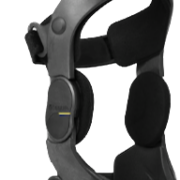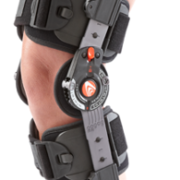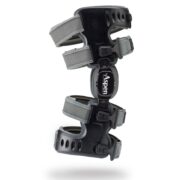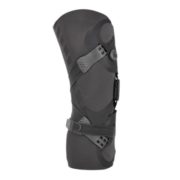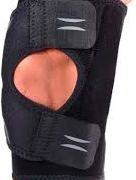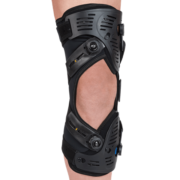Cartilage Repair
By absorbing much of the shock of walking, running, and other physical activities, your knees do a lot of work in the course of an average day. Cartilage, the sponge-like substance found inside and along the knee joint, helps to facilitate these movements. Cartilage in your knee helps to keep your leg bones gliding along without any pain or excess friction. In some cases, however, this cartilage can wear out and cause severe pain symptoms. While some people may believe that this is a symptom that is only found in older people, even younger patients may require cartilage repair if their knees are injured.
Why Do Patients Require Cartilage Repair?
Cartilage repair is generally recommended if your knee is frequently in pain and a physician has determined that this pain is being caused by a loss or deterioration of your knee cartilage. This type of pain will be especially noticeable in situations where your knee is fully engaged; for example, when you are squatting or extending your leg when climbing stairs.
There are many different reasons why the cartilage in your knee may wear out and why this will require you to seek cartilage repair. Sports injuries are notorious culprits for deteriorating the cartilage in your knee. Many awkward pivots or poor footing in the midst of a sporting event can easily cause your knee to experience unusual strains and injuries. Falling from a height is also a potential cause as this can cause damage to your knee and the cartilage inside it. Major accidents such as motor vehicle collisions can also injure your knee and your knee cartilage.
In many cases, however, cartilage simply wears out over time. You may notice that your knees feel more painful than usual without any specific injury causing damage to your cartilage.
How Does Cartilage Repair Treatment Work?
First, a physician will determine whether or not cartilage repair is an appropriate treatment for your case. Usually, this involves several diagnostic tests to assess the state of your knee cartilage. These can include X-rays and MRI scans.
The process of cartilage repair depends on the extent and type of damage that your knee has sustained. Treatments can include smoothing out your knee joints through surgery to make sure that your knee joint does not snag and cause you any more pain. In some cases, cartilage can be restored through grafts of cartilage material.
If you are an older patient or if your daily activity level is low, then nonsurgical methods of treatment are usually advised. This can involve the use of orthopedic devices to ease your knee pain and provide support for your knee joint. Medications and cortisone injections can also be used to help manage symptoms and facilitate cartilage repair.
Is There Anything That Can Be Done To Support Cartilage Repair Treatments?
To improve your chances of a successful outcome, make sure to closely follow the advice of your physician. He or she may recommend that you modify your daily activity level to facilitate cartilage repair, which may involve either more or less physical activity. Losing weight is immensely helpful in taking off some of the burdens that your knee joints are forced to carry. This will help to reduce your pain symptoms.
If you believe that you require cartilage repair and your knee pain is interfering with your ability to do the things that you want to do, then discuss your situation with your physician right away. The team at Synergy Orthopedics will also be able to provide you with high-quality orthopedic bracing and products to facilitate the healing and recovery process.


